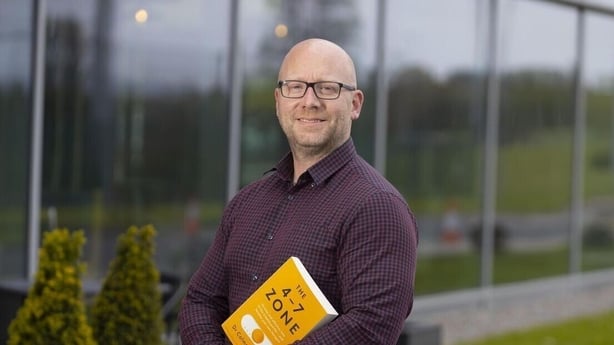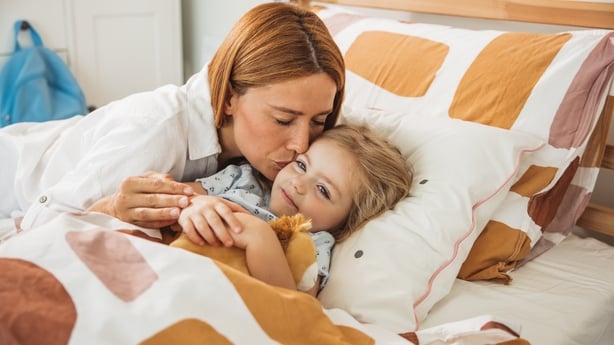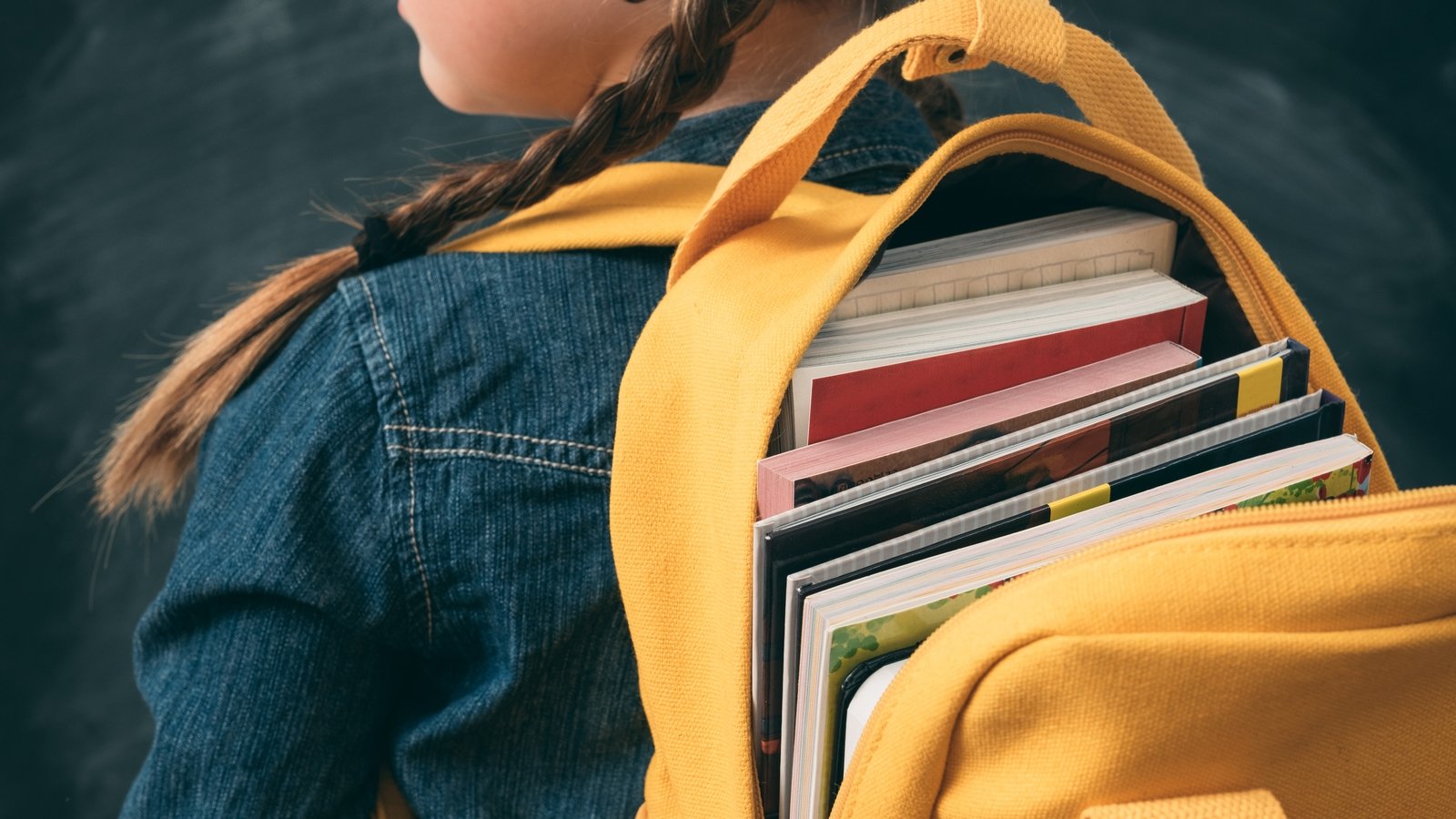Dr Colman Noctor is a University Lecturer in SETU Waterford and a Psychotherapist. He is here with advice and tips on how to deal with any anxious students who are going back to, or starting, school this week. Colman was an advisor on the animated short No Worries, starring PJ Gallagher, dealing with just that subject.
School’s Out: No Worries is streaming now on RTÉ Player.
Like the main character PJ in the RTÉjr animation No Worries, many young people might be nervous about the return to school this week. Whether in primary or secondary school, the return to school after the long summer break can be daunting. New teachers, new challenges, new friendships and for some, a whole new school.
So how can we help children overcome these worries and transition back into the school term smoothly? Here are some tips that might help.

Dr Colman Noctor has some great advice.
1. Provide as Many ‘Knowns’ as Possible
Anxiety and worry are always ‘future focused’. They are a fear of the unknown. While I am not a fan of everything will be fine, instead, give your child concrete information and clarity around things like timelines, routines and what to expect. By delivering reassuring familiarity amidst uncertainty, it will help them to feel better about what’s ahead.
2. Acknowledge Feelings
Rather than glossing over anxiety with clichés like “you’ll be grand,” validate your child’s emotions. Let them know feeling nervous or unsettled is normal, and you understand as this will build emotional trust.

The bedtime routine is key.
3. Structure Brings Security
Remember the importance of structure like routines, predictability, and a consistent rhythm, in supporting children’s emotional regulation and readiness. So don’t make the return to school a shock to the system. Try to re-establish bedtime routines etc prior to the first day back.
4. Containment: Be Approachable, Non-Judgmental, Emotionally Present
Be a ‘safe container’ for your child by being calm, attentive, and emotionally grounded. This parental presence lets children feel secure in expressing uncertainty as they adapt.
5. Involvement: Encourage Their Participation in Planning
Let children help make choices about their schooling — like organising supplies, deciding on routines, or walking through the day together. This involvement gives them a sense of control and reduces back to school anxiety.
Just like how PJ’s mam in No Worries helped him to overcome his fears of the unknown. She gave sound practical support when it came to his smelly school bag and more importantly, she was the calm, reassuring presence. The key line in ‘No Worries’ is when PJs mam says: “You’ve got this”. By saying this she is mot making guarantees that all will go perfectly, she is reassuring PJ that no matter what challenges occur, she believes he has what it takes to manage it, and that is an important message. We got this means that whatever happens we will address it and solve it. One of the biggest myths about mental health and resilience is that it comes from having a adversity-free life. This is simply wrong.
Good mental health is decided by how we respond to the inevitable adversity that life will throw at us. So, if your child is worried about going back to school, then put their worries in perspective and remind them of their own resources to cope and reassure them that you have got their back should any issues arise. Returning to school is daunting but knowing someone believes in me and has my back, will help.
More about Dr Colman Noctor
He is the best selling author of Cop ON and The 4-7 Zone, Irish Examiner Columnist and the resident Parenting specialist on the Ray Darcy Show on RTE Radio One.
Colman’s special interest is the impact of technology on mental health and child development. Colman’s no nonsense approach offers simplistic understanding of complex emotional dynamics and offers practical solutions to our behavioural and psychological dilemmas.

